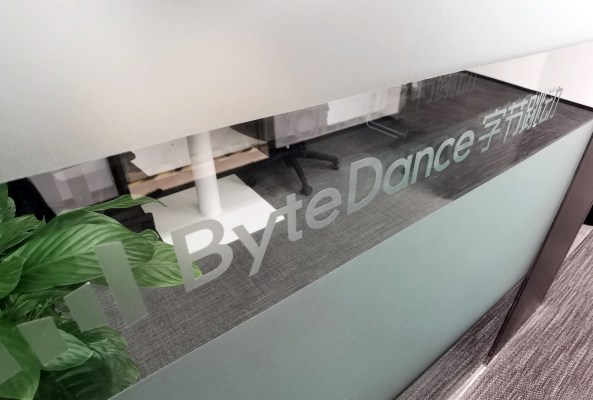

ByteDance’s gaming ambition has been an expensive, short-lived pursuit.
In late 2021, the TikTok parent’s plans for video games came into the spotlight after it became one of the firm’s six core business units, posing a new threat to incumbents such as Tencent and NetEase and rising star MiHoYo. Nonetheless, after two years of tepid performance, the gaming department, called Nuverse, is significantly scaling back its operations in a move that has surprised many employees.
“We regularly review our businesses and make adjustments to center on long-term strategic growth areas. Following a recent review, we’ve made the difficult decision to restructure our gaming business,” a ByteDance spokesperson told TechCrunch in a statement.
This round of mass layoffs started on Monday and many members of Nuverse are still anxiously awaiting a verdict on their future, people familiar with the matter told TechCrunch. It’s unclear how many employees will be affected by the restructuring eventually, but Nuverse had quickly grown to around 3,000 people in 2021 and has largely remained that size over the past few years, according to Chinese tech news outlet LatePost.
ByteDance has also spent heavily on acquisitions, including a $4 billion purchase of a promising Shanghai-studio studio called Moonton. Reuters reported earlier this month that the firm is looking to divest the studio and has met with a Saudi Arabia-based firm for discussion.
Reuters first broke the news about the layoffs on Monday morning, reporting that ByteDance would soon announce the “winding down of its Nuverse gaming brand and full retreat from mainstream video games,” citing sources. But ByteDance’s comment suggests that portions of the team will be retained.
ByteDance’s debacle in video games — and its virtual reality endeavor Pico — casts doubt over the universal applicability of its data-driven, A/B testing strategy that has catapulted TikTok to global dominance. Through its short-video apps, ByteDance has amassed an unparalleled wealth of consumer insights. The success of video games, however, demands a much longer, more patient creative process and is arguably less predictable than the instant gratification delivered by dopamine-fused video clips. Both of its rivals Tencent and NetEase have been pouring more resources into games with longer development cycles.
Without a breakthrough title or commercial success after two years, Nuverse’s positioning as one of ByteDance’s key revenue drivers is likely under close examination by the firm’s management team. ByteDance remains one of the rare Chinese internet giants that have not gone public, partly due to its entanglement in rising U.S.-China tensions.
The mass layoffs at Nuverse add more bad news to the Chinese internet industry, which is reeling from a widespread regulatory crackdown in recent years, leading to dampened businesses and slashed workforces. The video gaming sector in particular was hit hard by a hiatus in license approvals, and even though the process has resumed, the space’s recovery has been limited by macroeconomic challenges.

